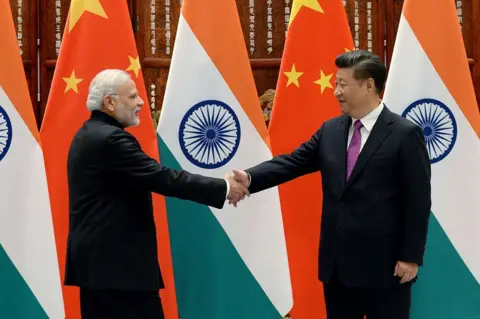In a significant political shift, Norway's Labour Party under the leadership of Jonas Gahr Støre has secured a second term in the recent general elections, emerging victorious against a backdrop of increasing support for the populist right. With a commendable 28.2% of the vote, Labour is poised to form a narrow majority government, pending the support of several smaller leftist parties.
The elections saw an impressive turnout of 78.9%, the highest in years, reflecting deep voter engagement. Close on Labour's heels was the anti-immigration Progress Party, led by Sylvi Listhaug, which nearly doubled its share, garnering approximately 24% of the vote and 48 seats in the 169-seat Storting.
Jonas Gahr Støre, celebrating with supporters, emphasized the resilience of social democracy in the face of rising rightist sentiments across Europe. Analysis from the elections indicates that Labour's performance is an improvement from the previous election cycle in 2021.
The campaigning period was initially dominated by foreign policy concerns, notably the conflicts in Gaza and Ukraine. However, as the election approached, domestic issues such as the rising cost of living, the oil sector's future, and tax reform gained prominence in voters' discussions.
Despite its relatively small population, Norway's influential role on the global stage remains significant. A founding member of NATO and involved with the EU's single market, Norway's strategic geopolitical positioning is underscored by its Arctic border with Russia.
Former NATO chief Jens Stoltenberg’s appointment as finance minister earlier this year was a boon for Labour's support base, enhancing the party's electoral appeal.
Sylvi Listhaug acknowledged Labour's win but warned of the challenging times ahead that her party predicts under leftist governance. The Progress Party, however, found itself unable to build a coalition as other right-wing parties fell short of the required seats to form a government.
With the Conservatives slipping to 14.6% and leader Erna Solberg hinting at retirement, coalition negotiations will be crucial in determining Labour's capacity to navigate the complex political landscape and align with smaller parties on contentious issues, particularly regarding Norway's oil industry and its massive sovereign wealth fund investments.




















